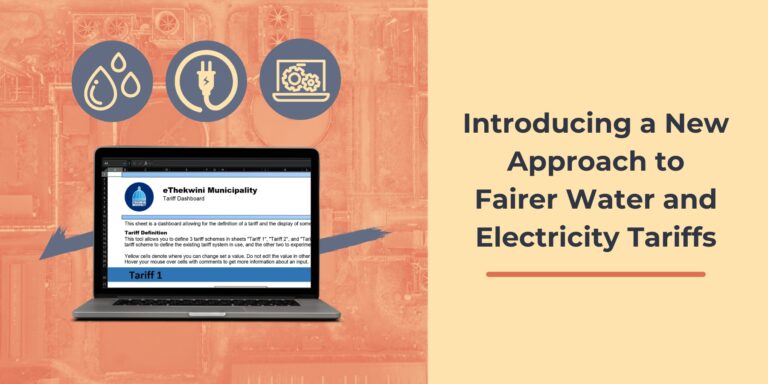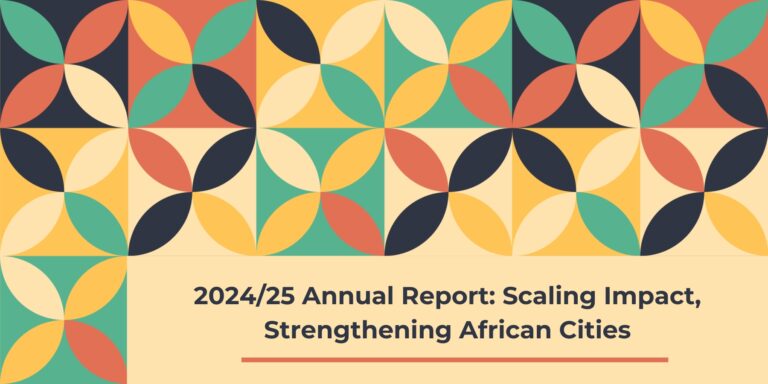
“This really simple concept is brilliant ‘’ said Liz. If you type in your address, your ward number and all the candidates listed by the IEC as contestants for your ward will come up. Each candidate’s name, age and political party appears in the search results. It also shows all the other wards in which the candidate is contesting. And if you click the name of the candidate, you will be redirected to the google search results for that candidate’s name. You can also view more information about your ward in the link to Wazimap.
The day before Sarah shared the link to the tool with her mum, Liz had been in conversation with friends about how difficult it was to know who to vote for. “We admitted that we didn’t even know our ward number. I’ve got a vague idea of who my councillor is. At that stage, no posters were up either. Two other friends were saying the same thing. Apart from knowing our voting stations, we really didn’t know who we would be able to vote for. I wasn’t even sure how many ballot papers we’d get.”
Both Liz and Sarah shared how the My Candidate tool has really helped them to dig into who the candidates in their ward are. Sarah is in the process of assessing all the candidates by finding news stories about how each candidate and the promises that each party is making to improve her ward. She wants to find out who is committed to addressing service delivery and poverty alleviation locally and whose plans and vision align with hers.
The tool also helps users better understand how local elections in South Africa work. Liz was very surprised to learn that a candidate can run in multiple wards. While most candidates (68% or 36,000) are standing in only one ward, the analysis by The Outlier shows that 166 candidates are standing in 20 or more wards.
“We are floored by the discovery that one person can stand in more than one ward. This has never come to my attention before. We had no idea that a candidate can contest so many wards. We want our candidate to live in our ward. I don’t mind if they live in the next suburb but I’ve since discovered what that’s all about, although I don’t understand it entirely.”
To understand why candidates are running in multiple wards to increase their chance of winning more proportional representation and to get a seat in council, you can read and re-read this great article by Jodi Allemeir.
Reflecting on her 50 years of voting history, Liz said that the proportional voting system is a little bit more complicated and difficult to understand. Before 1994, there were only a few parties to vote for, and electioneering by parties was allowed on voting day. She remembered, “The National Party would hand koeksisters out to voters at the voting stations. The Progressives provided sausage rolls, and the United party had tea and coffee and all sorts.” She felt that it was much easier to know who stood for what. They were all so different from each other and voters would rely on what they read in the newspapers, and what they heard on the radio to inform their vote. And also presumably, some voters would be influenced by the confectionery handed out on the day.
Now, even though the voting system is a little more complicated, Liz feels much more empowered to make an informed choice on her ballot. Sarah confessed that she’s going to have to do some candidate cramming this weekend to decide who to vote for come Monday.
What is your voting strategy for the local government elections? Will you vote for a party? Will you sift through the candidates and by process of elimination, choose the person you think you can trust to represent you? Will you vote for the underdog? Will you vote differently on the ballot for your ward councillor and the ballot for proportional representation? Whatever your strategy, use the My Candidate tool to discover the candidates available in your ward and make a more informed choice for South Africa.




